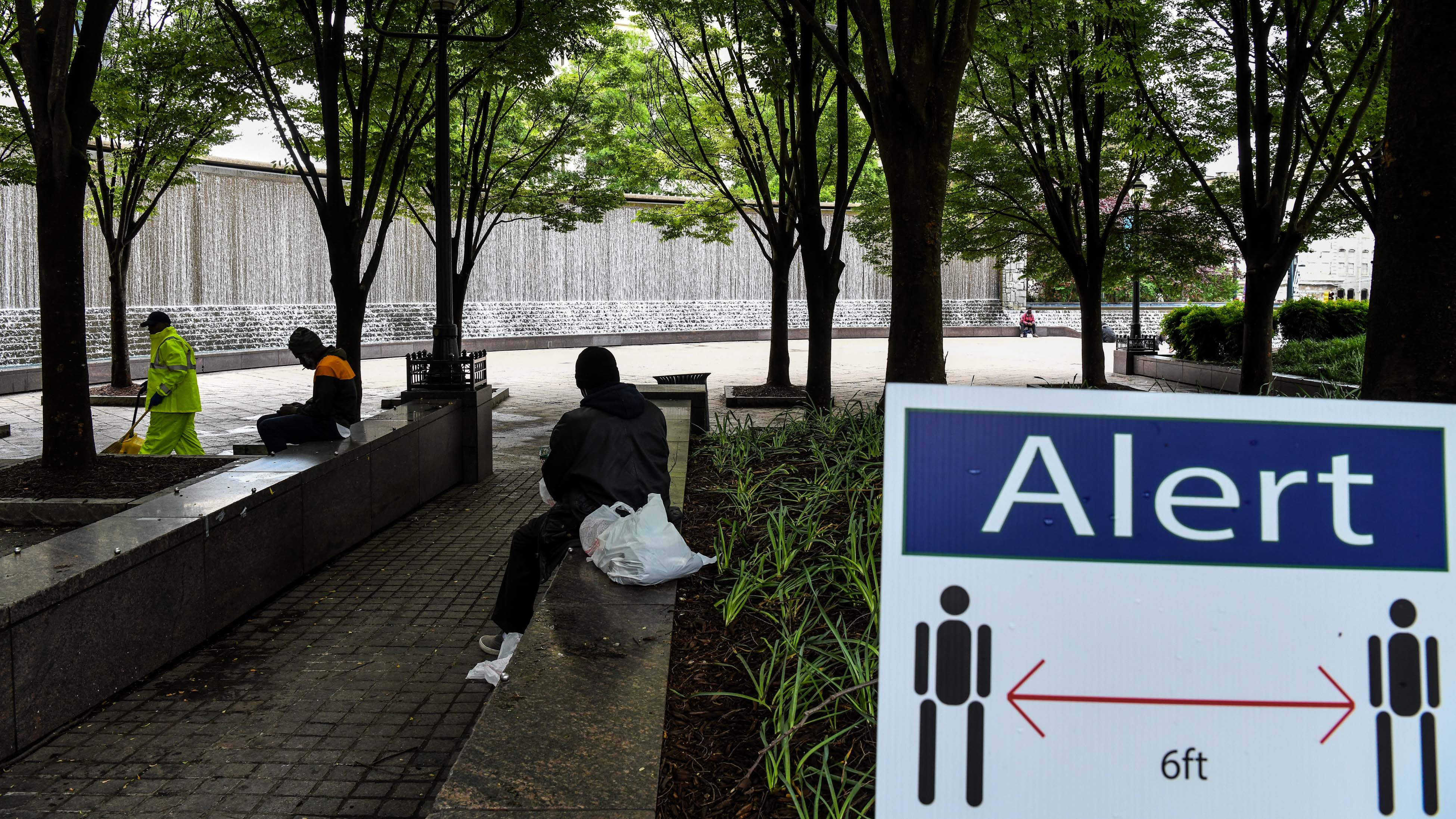
CGTN
"Operation Warp Speed" – this is the name given by the Trump administration to the program aimed at finding a vaccine against COVID-19. The name emphasizes the urgency of a project bringing together government, the scientific community and the military that is said to have already identified 14 potential vaccines, six to eight of which are expected to make it through to the trial stage.
"We are very confident we are going to have a vaccine by the end of the year," President Trump has said. However, public health experts have urged caution, and suggested that the goals of "Operation Warp Speed" – of producing 100 million doses of a vaccine by November, 200 million by December, and 300 million by January – may be impossible to achieve.
In normal circumstances, it can take decades to develop and mass-produce a vaccine. In an interview with MSNBC, Dr. Peter Hotez, a co-director of the Center for Vaccine Development at Texas Children's Hospital in Houston, said that even a 12-18 month timeline for a vaccine would be "unprecedented."
Scientists warn that attempting to force through the research, development and testing of new vaccines will inevitably create safety concerns, as certain steps may be rushed or even skipped entirely. The last time something similar was tried in the U.S. was in 1976 during Gerald Ford's presidency. A hurried mass immunization program was not only ineffective, but caused severe health complications in several hundred people.
The reality is that the record for developing an entirely new vaccine is four years, and one may not be found for decades – if ever.
The New York Times, in an article under the headline "How Long Will a Vaccine Really Take?", highlighted the dangers of rushing vaccine development, especially at the stage of human trials. "What if a promising vaccine actually makes it easier to catch the virus," the author asks, "or makes the disease worse after someone's infected?"
Even though social distancing is beginning to prove widely effective in containing the virus, the popular perception remains that a vaccine is the silver bullet that will kill off COVID-19, once and for all.
According to leading U.S. political website The Hill, "Until a vaccine is successfully deployed, it will be difficult to completely lift the social distancing restrictions that have devastated the U.S. economy."
So, without the much-anticipated vaccine, can COVID-19 ever be stopped?
Maybe not. But it can be contained, if social distancing is strictly enforced. This has been shown by the city of Wuhan, which went into lockdown on January 23, but where life is now getting back to normal.
In the U.S., a strong advocate of strict, nationwide social distancing is Dr. Anthony Fauci, chief medical adviser to the White House Coronavirus Task Force. From a medical point of view, social distancing makes perfect sense. However, Fauci has faced resistance from politicians and the business community, whose imperative is to get the economy back on track.
It may be that somewhere in the world, sooner rather than later, a vaccine is found that will halt the COVID-19 onslaught. But until that happens, or the virus runs its natural course and disappears, common sense and Wuhan's example tell us that strict social distancing is the only way to stay safe.
 简体中文
简体中文

